These are the best depictions of mental illness on screen, according to the experts

It's Mental Health Awareness Week in the UK this week, and it's a topic close to our hearts at Digital Spy (you can see some of our archived pieces here).
To mark the occasion in our 25th anniversary year, we decided to find out the best-ever on-screen depictions of mental illness: truthful portrayals of the contributing factors, the way different conditions can present themselves and the ramifications for individuals and communities.
The area is rife with misunderstanding and sensationalism rooted in outdated ideas and exploitative storytelling, so rather than rely on our own opinions, we went to the experts.
Our panel of specialists, including psychiatrists, Mind executives and other mental-health workers, gave us a list of the films, shows and storylines that they believe went the extra mile to destigmatise mental illness and educate us all on the realities of many common conditions.
Sarah Hughes, CEO of Mind, says: "Our research showed that one in four of us have realised we are experiencing a mental-health problem ourselves after watching or listening to a mental-health storyline on air.
"As far as Mind is concerned, great depictions of mental health are those which:
a) do not cause harm – this includes linking people with mental-health problems as automatically violent or dangerous
b) are an accurate, realistic representation
c) feature characters that are rounded, not just defined by their diagnosis
d) show the impact of social factors such as lack of money, traumatic events, housing issues, isolation, and how this impacts our mental health
The Panel
• Sarah Hughes, CEO, Mind
• Rosie Weatherley, Information Content Manager, Mind
• Sean Downs, Head of Media, Mind
• Leah Parker-Turnock, Media Advisory Manager, Mind
• George Hoare, Head of Anti-Stigma, Mind
• Charisse Peters, Psychotherapist and founder of Omya Therapy Centre
• Jeffrey Ingold, journalist and TV consultant
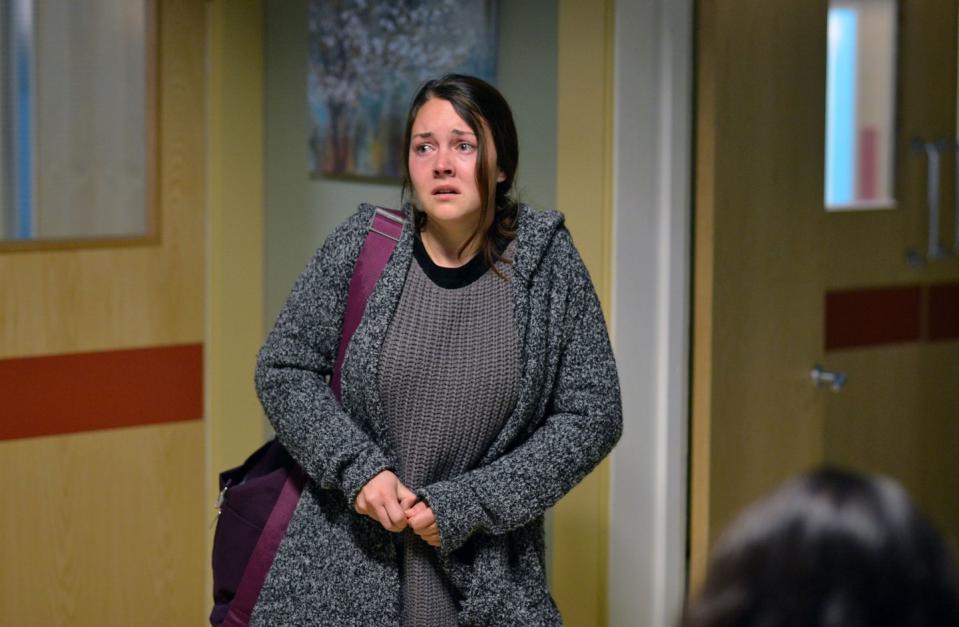
EastEnders – Stacey's bipolar and post-partum psychosis
As far as British TV goes, it seems EastEnders' sensitive portrait of Stacey Slater's struggle really is the gold standard.
“The episodes around Stacey’s experience of post-partum psychosis received national news coverage and sparked a much-needed conversation about a diagnosis that many people hadn’t heard of, as well as highlighting the support which can be offered to new mothers," says Rosie Weatherley.
"The storyline made strides in destigmatising something which many new mums find incredibly difficult to talk about.
“We also worked with EastEnders on a storyline involving Isaac Baptiste (played by Stevie Basaula) and how the character experiences schizophrenia for the first time. This storyline was credited by others as being an important moment, by depicting a more balanced portrayal of this much-misunderstood diagnosis.
“It's clear, though, that there is still a long way to go. There are still too many stigmatising and sensational depictions on screen, from inaccurate stereotypes around violence or lazy and unhelpful labels that litter so much character dialogue.”
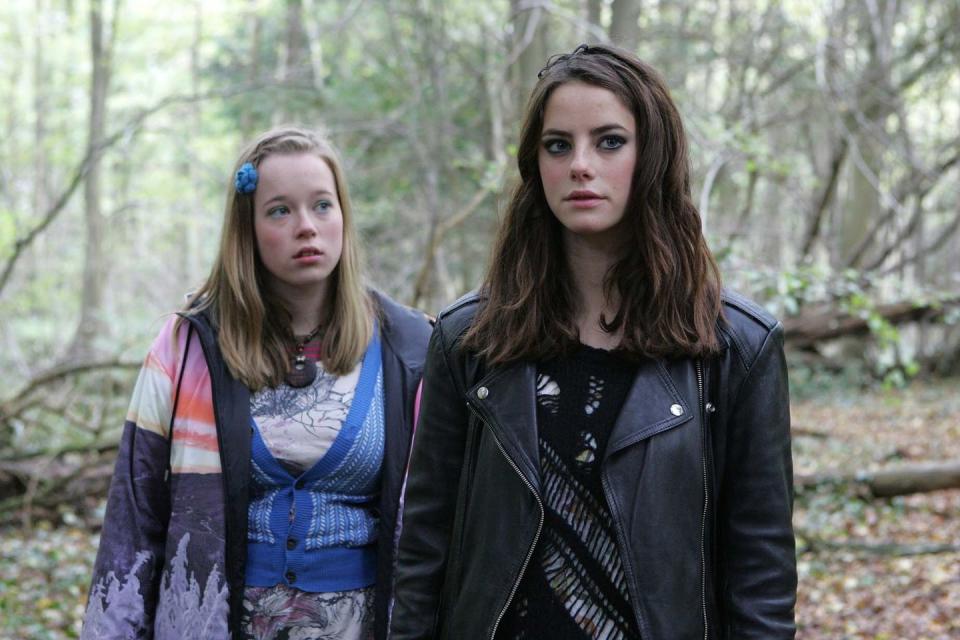
Skins – Effie's depression and psychosis
“Series one was a cultural moment which resonated powerfully with being young, growing up, experiencing grief, navigating feelings and life. The reality is it’s often messy, unclear and brutal," says Sean Downs.
"For its time, it made such a cultural impact. It was a very comforting show: many of us going through our own mental-health problems at the time had rarely seen them depicted on TV till then.
“Effie’s experience of depression and psychosis really stuck, although we recognise much more care needs to go into these storylines to make them as accurate and responsible as possible. We have come a long way, but we know there is still much more to be done."
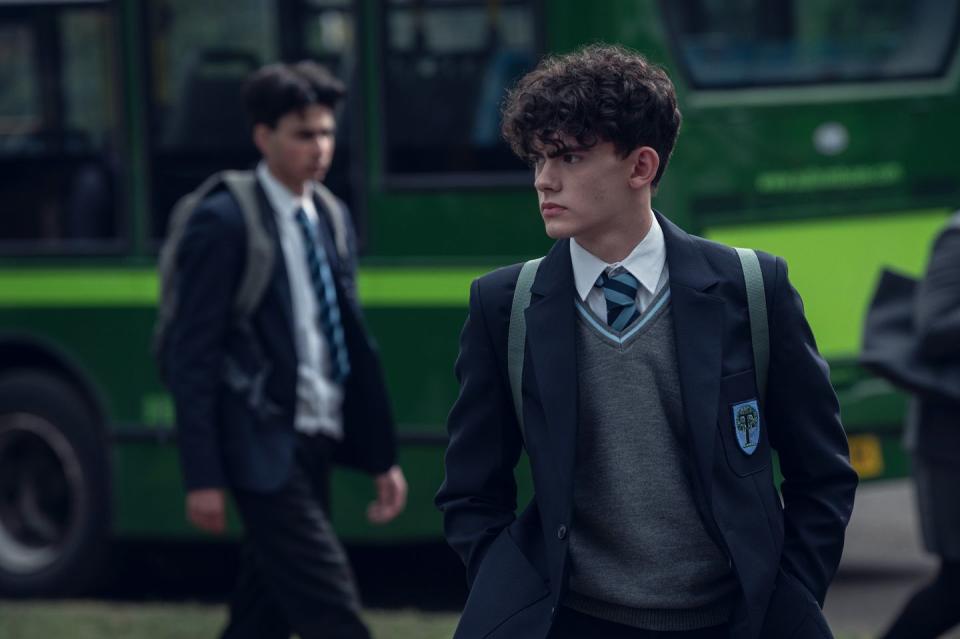
Heartstopper – bullying
The Netflix hit has been widely praised for its tender portrait of teen love from an LGBTQ+ perspective, but it was so much more than that.
"Heartstopper is a great example of exploring identity, growing up as LGBTQIA+," says Leah Parker-Turnock. "[It also shows] the impact of bullying, which we see develop through Charlie’s experience of food avoidance, how it starts and then gradually increases in severity over time while Charlie (like many of us who experience poor mental health) keeps his feelings and struggles private and hidden from his friends.”
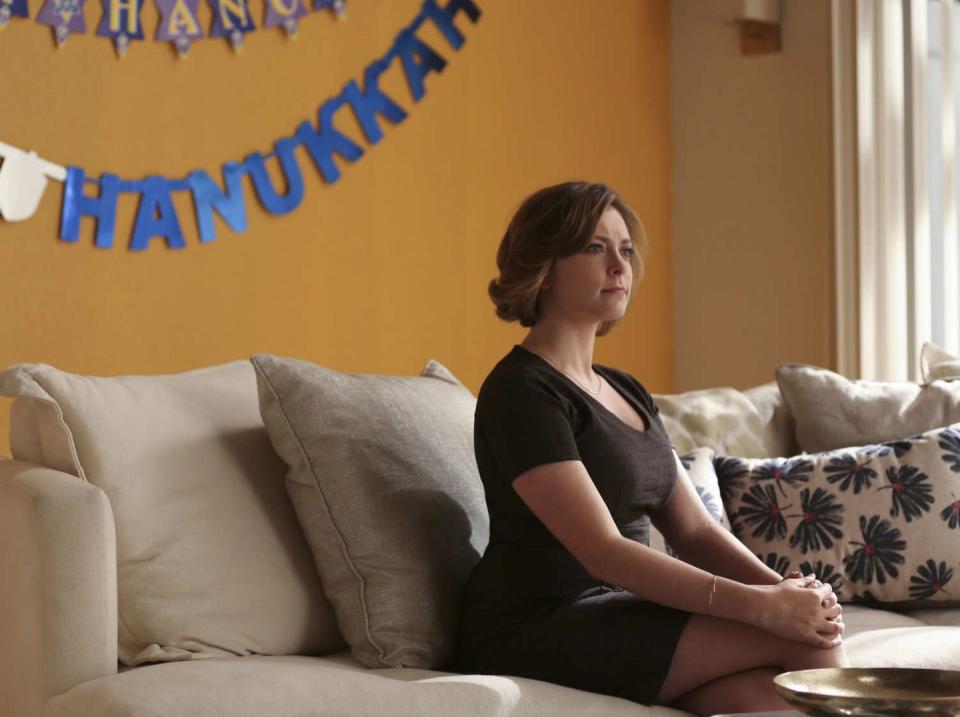
Crazy Ex-Girlfriend – borderline personality disorder
The musical comedy series' title, was of course ironic: the point they were making was that harmful stereotypes paper over the nuances of real life.
“Over the course of four seasons, Crazy Ex-Girlfriend challenged and subverted portrayals of the 'crazy' woman," says Jeffrey Ingold. "Rebecca Bloom's ill mental health is not treated as a one-off storyline, but rather a multiseason arc where audiences see her get diagnosed with borderline personality disorder.
"What makes Crazy Ex-Girlfriend so radical is that so often in film and television, female characters with poor mental health are portrayed as antagonistic, problematic and sometimes violent. Rebecca Bloom is a flawed, complex character who is not defined or reduced to her mental-health disorder and because of this, Crazy Ex-Girlfriend changed the game for gendered representations of mental health.”

Sex Education – anxiety and post-natal depression
Leah Parker-Turnock singled out Sex Education (and Heartstopper, above) for their contemporary, sensitive depictions of growing up, but also for their behind-the-scenes protocols.
"Both programmes took great steps in supporting and protecting the well-being of contributors and making sure that so many people's experiences are being represented on screen," she says. "Sex Education particularly for Jackson’s anxiety and panic attack and Jean’s post-natal depression storyline."
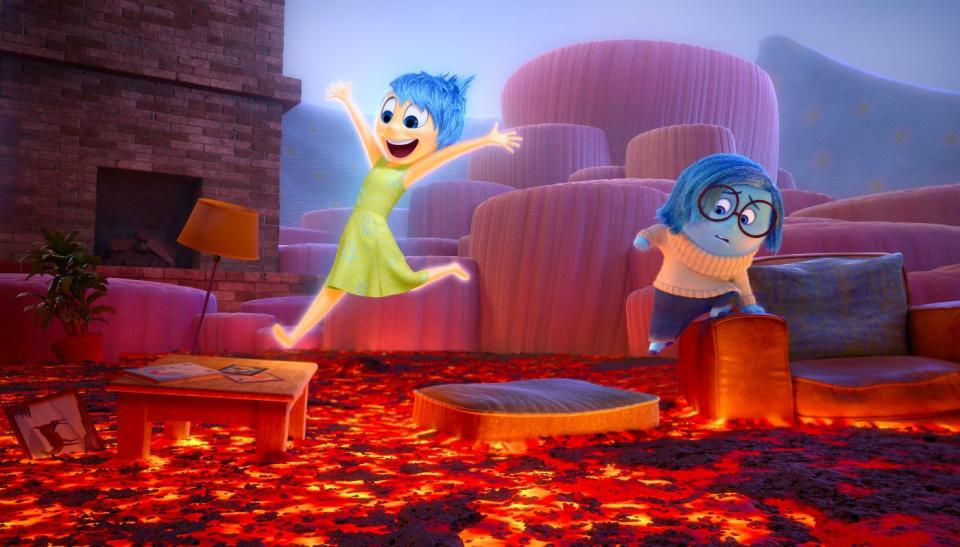
Inside Out – children's emotional landscape
It had to make this list – Inside Out has been almost universally praised for its skill in conveying the importance of understanding our feelings to children (and adults!).
"This movie in a really clever and creative way highlights the importance of honouring all of our emotions, including sadness, loss, and grief," says Charisse Peters.
"These are all inevitable and universal experiences, yet they are often the emotions that we avoid in ourselves and others. The movie breaks things down in a digestible way for children and beautifully normalises the ups and downs of our lives and how they affect us.
"There is a strong message around the consequences of avoiding or masking our feelings and creates a great opportunity for dialogue for both children and adults."

Pure – obsessive-compulsive disorder
Channel 4’s drama depicted a young woman with obsessive-compulsive disorder (OCD). "Pure was praised for showing the difficult truths of OCD," says George Hoare, "and showing how mental health is so often not visible but how much people can be struggling inside.
"After episode two, visits to Mind’s OCD information pages increased by 77 per cent.
"A recent poll we did showed that more than 80 per cent of those who replied think the media has got better at depicting mental health. But while we have made great strides there is so much more that can be done.
“Nearly nine out of 10 people with mental-health problems say that stigma and discrimination have a negative effect on their lives. There is still much more to do in terms of representation of mental health within different communities.”
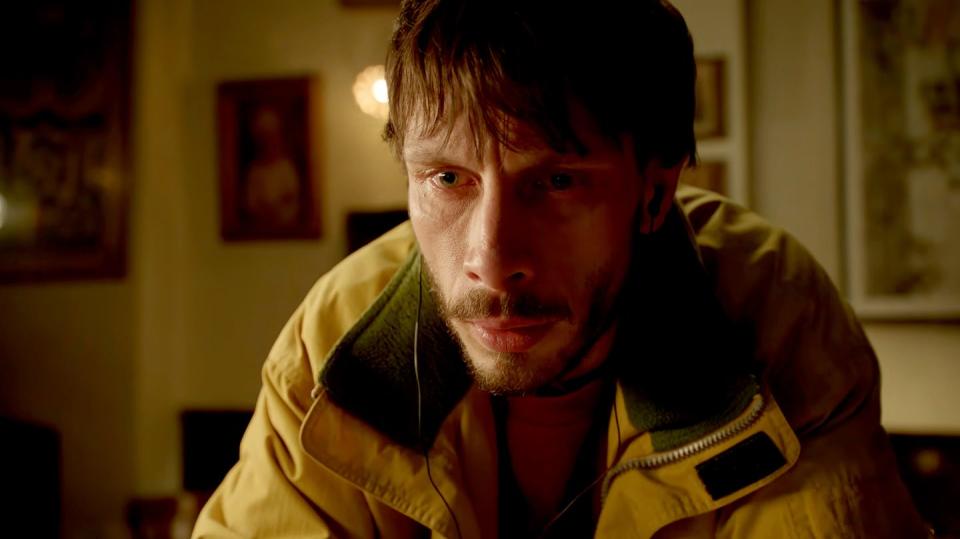
Baby Reindeer – self-esteem and processing trauma
Controversial after its broadcast for the unseemly scramble in some quarters to identify the real-life counterparts of the show's characters – and the debate over how much really was true – the Netflix smash-hit clearly struck a chord with viewers.
"It skilfully illustrates the complexities surrounding our human need to feel seen, and lengths we go to seek validation through our careers and relationships," says Charisse Peters.
"[The show] highlights how our unresolved trauma may influence relationship and career motivations, our abilities to notice the pain and suffering in others, and yet be blinded to our own internal struggles. How many times have we witnessed the person who goes above and beyond for others even to their own detriment?
"The ‘people pleaser’ is often motivated by the internal struggle of not feeling ‘good enough’ which unconsciously leads us into a enabling position.
"Fruitlessly pouring the approval of others into a bottomless jar of inadequacy – without realising why – can be the breeding ground for co-dependent relationships.
"Baby Reindeer is a raw and honest account of the challenges we go through learning about ourselves and accepting our imperfections, and how facing this can be an empowering and transformative experience."

It's a Sin
Of course it's not always necessary to pinpoint a diagnosis for mental health to be sensitively considered in drama. Russell T Davies' portrait of life for gay men living through the HIV/AIDS crisis of the 1980s tackled the realities of living ith social stigma without directly referring to mental illness. "
"Although the characters do not explore diagnosable mental health problems," says Leah Parker-Turnock, "it brings into sharp focus the impact that rejection and discrimination in the LGBTQIA+ community had on the scores of people impacted by HIV/AIDS."
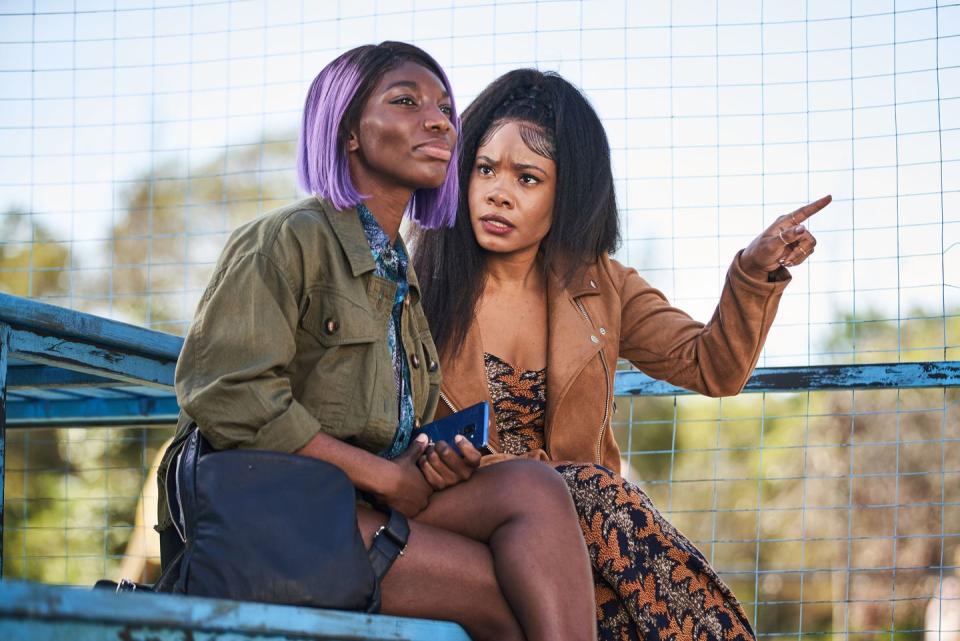
I May Destroy You
As the deliberately ambiguous title implies, destruction – chaotic, all-encompassing – follows in the wake of sexual assault. Is it Arabella who may be destroyed? Her relationships? Her sense of self? Her attacker? Who are the "I" and "you" of the title?
"[The show] chronicles how Arabella deals with the aftermath of [sexual assault]," says Leah Parker-Turnock. "[Michaela] Coel says it was therapeutic to write about the situation and 'actively twist a narrative of pain into one of hope, and even humour'. Arabella is disregarded by the police which is all too common of sexual assault survivors."
Mind's guidelines on the depiction of mental illness on screen can be read here.
Mind's #NoMindLeftBehind campaign this Mental Health Awareness Week is a rallying cry that calls on everyone to raise awareness and vital funds for a future where we can all get quality mental-health care when we need it. Mind provides a range of services and support for people experiencing a mental-health problem. Get support at: www.Mind.org.uk/no-mind-left-behind.
If you've been affected by the issues raised in this article, organisations who can offer support include Mind on 0300 123 3393, the NHS and Samaritans on 116 123. Readers in the US are encouraged to visit mentalhealth.gov.
You Might Also Like

